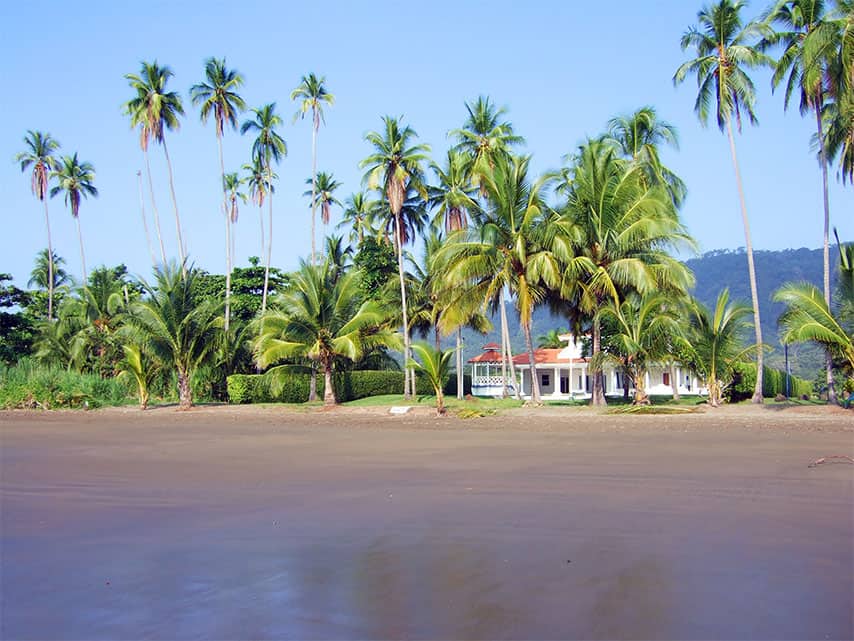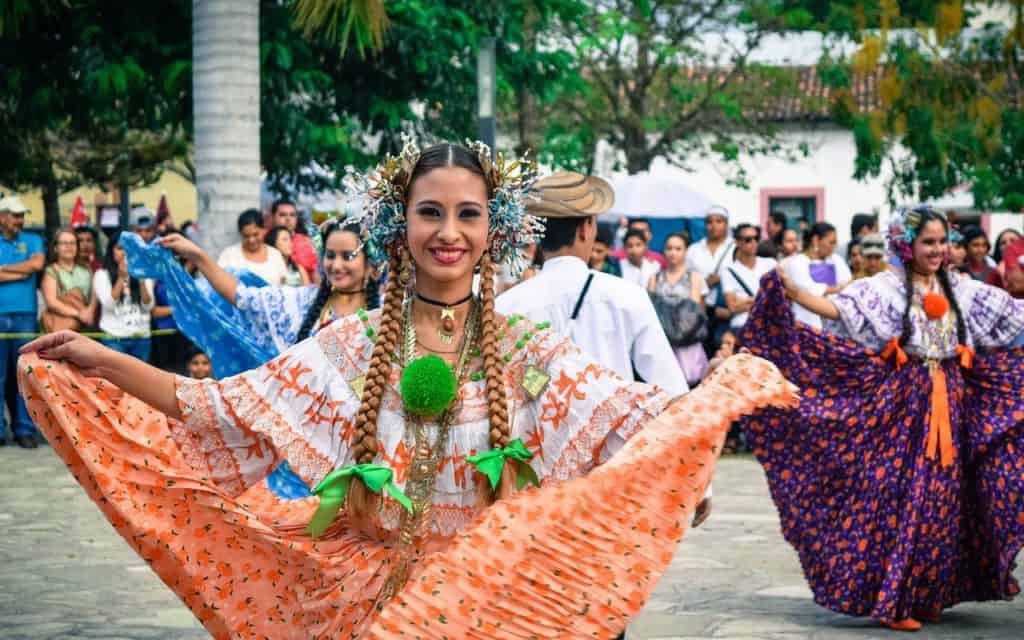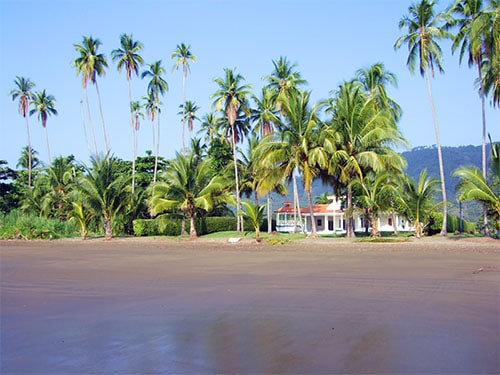
There’s an undeniable allure to packing up your life and heading to Central America. Maybe it’s the thrill of adventure calling your name, the pull of vibrant cultures, or the promise of new career horizons. Whatever drives you, it’s a chance to step beyond the familiar and test your limits in a region brimming with beauty and complexity.
With technology shrinking the world and travel more accessible than ever, living abroad has become a tantalizing option for adventurers and dreamers alike. Remote work, affordable flights, and a craving for fresh experiences have fueled a surge in expats seeking sun-soaked shores and bold new chapters. Central America beckons with opportunity—and a few curveballs worth preparing for.
Language Barrier
Settling into a new place feels most like home when you can chat with the locals. In Central America, where Spanish reigns supreme (except in Belize, where English is official), the language gap can hit hard if it’s not your native tongue. Even if you’ve got a grasp of Spanish, regional dialects, slang, and accents—like the rapid-fire cadence of Costa Rican “Tico” speech or Guatemala’s indigenous-influenced variations—can throw you off. That disconnect can leave you feeling like an outsider, especially when you’re craving connection.
To bridge this gap, embrace two truths:
- Discomfort is part of the deal. You’re not fluent overnight, and locals might struggle to catch your drift. Awkward exchanges? They’re inevitable—laugh them off.
- Effort pays off. Dive into the language before you arrive—apps like Duolingo or local classes can kickstart your skills. Once you’re there, stumble through conversations. Locals often warm up fast when they see you trying, and you’ll feel more rooted with every word you master.
Making Friends

Remember your first day at college or that time you moved to a new town? Friendships didn’t bloom instantly, and Central America’s no different. As an adult expat, natural meeting spots like school or work might be scarce, and cultural differences can make bonding trickier. You’re navigating a mosaic of backgrounds—indigenous communities, mestizo locals, fellow expats—each with its own social rhythm.
Some spots shine brighter for friend-making. In Costa Rica, expats rave about the welcoming vibe—over 75% report it’s easy to connect, thanks to the “Pura Vida” spirit. Panama’s Boquete, with its tight-knit expat scene, is another gem. But in less expat-heavy zones, like rural Honduras or Nicaragua, it’s a slower burn. The trick? Be realistic and proactive. Don’t expect instant BFFs—relationships take time. Say “yes” to that coffee invite or local festival, even when Netflix tempts you to stay in. Joining expat groups online or hitting up community events can also spark those first friendships.
Assimilating to a New Culture
A quick trip to Central America teases you with its culture—vibrant markets, spicy tamales, mariachi strums. But living there? That’s a full immersion, not a tasting menu. You’re not just visiting; you’re uprooting your norms and planting them in soil rich with traditions you might not grasp yet. From Guatemala’s Mayan heritage to Panama’s Caribbean flair, each country offers a distinct flavor—and a learning curve.
Adapting isn’t always smooth. You might fumble through unfamiliar customs, like the laid-back “mañana” pace that can test your patience, or the communal spirit that contrasts with individualistic tendencies you’re used to. But that’s the magic: it’s a chance to evolve. Approach it with curiosity—ask questions, join in on a fiesta, taste the street food. Over time, you’ll weave your story into theirs, and the culture won’t just surround you—it’ll shape you.
Health Issues
Relocating means exposing yourself to new bugs and bites. Central America’s tropical climate brings risks like dengue fever, Zika, or traveler’s diarrhea from unfamiliar water or cuisine. Your body might protest at first—don’t panic if you’re under the weather early on; it’s par for the course. Before you go, hit up your doctor for vaccines (think hepatitis A, typhoid) and stock up on meds if needed.
Then there’s the healthcare maze. Costa Rica boasts a top-tier system—affordable, high-quality, and expat-friendly with private options aplenty. Panama’s not far behind, especially in urban hubs like Panama City. But in places like Honduras or Nicaragua, facilities can be basic outside major cities, and English-speaking doctors rarer. Research your destination’s healthcare landscape—public vs. private, costs, access—and snag international insurance (Travel Protect International’s a solid pick). It’s a lifeline when you need a quick visit to a trusted doc.
Making an Income
Only about 10% of expats move abroad with their current gig intact, leaving most to hustle for income in a foreign land. That’s daunting when you’re juggling language barriers, a shrunken network, and cultural quirks—all while bills loom. Central America’s job market varies wildly. Costa Rica and Panama offer opportunities in tourism, real estate, or remote work hubs, but unemployment ticks higher in Nicaragua and Honduras, where informal economies dominate.
Prep is key. Network like mad before you leave—LinkedIn, expat forums, local job boards. Once you’re there, keep at it. English-teaching gigs or remote freelancing can tide you over, especially if Spanish isn’t your forte yet. It’s tough, no sugarcoating it, but with savings as a buffer and grit in your gut, you’ll carve out a niche. Flexibility’s your friend—think outside the 9-to-5 box.
Getting Around

Navigating Central America’s roads and rails can test your patience, especially sans language skills. Public buses are dirt cheap—think under a buck for a city hop or $20-$30 for a cross-country jaunt—but signs might stump you, and drivers rarely speak English. Taxis? Affordable, but haggling’s common. Driving’s an option, though potholed roads and chaotic traffic (looking at you, Guatemala City) demand focus.
The good news? It’s budget-friendly travel opens doors—weekend trips to volcanic lakes or coastal hideaways are within reach. GPS apps like Google Maps are your co-pilot, but locals’ directions (often landmark-based, not street names) still rule. Learn basic phrases—“¿Dónde está…?” (Where is…?)—and plan your routes. You’ll get lost sometimes; it’s part of the adventure.
Safety
Mom’s right to worry—safety’s a legit concern. Central America’s rep for violence isn’t baseless. Cities like San Salvador or Tegucigalpa grapple with gang activity, and as an outsider, you might stand out as a target. Rural areas can feel safer, but petty crime—pickpocketing, scams—lurks everywhere. That said, it’s not all doom and gloom. Costa Rica and Belize rank among the region’s safest, with thriving expat enclaves.
Street smarts are your shield. Skip solo night buses, stash valuables in a hidden safe, and stay alert in crowds. Pepper spray’s a comfort if legal where you are—check local laws. As you settle in, you’ll learn which neighborhoods to avoid and how to blend in. Knowledge is power; fear doesn’t have to be.
Bureaucracy
Central America’s red tape can tangle you up. Setting up a bank account, snagging a phone plan, or sorting utilities isn’t the streamlined process you might know. Costa Rica’s known for its slow, paperwork-heavy systems—think hours at government offices. Guatemala’s not much better, with language barriers amplifying the frustration. Government oversight often means businesses move at a snail’s pace, testing your patience.
Research is your prep work—know the steps for residency, visas, or basic services before you land. Better yet, tap into expat networks on arrival. A seasoned transplant can point you to the right office or even a fixer to cut through the chaos. Patience and a local ally? That’s your ticket to sanity.
Final Thoughts
Let’s be real: moving to Central America as an expat will push you. You’ll face days of frustration, moments of loneliness, and times you feel utterly adrift. Don’t let that scare you off. Dive in anyway. Because alongside the struggles come bursts of joy—sipping coffee overlooking a volcano, laughing with newfound friends, unraveling a culture that reshapes you.
This isn’t just a move; it’s a transformation. You’ll grow in ways you can’t predict, discovering resilience and wonder in equal measure. Central America’s challenges are real, but so are its rewards. Ready to take the leap?

